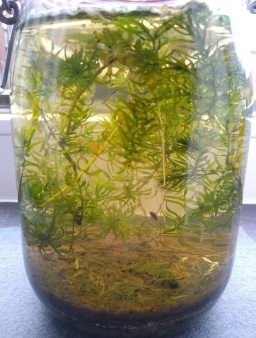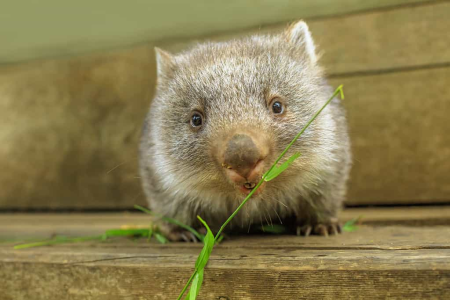This thread is for a broad discussion of all science-related topics.
Post about a new discovery or technology (or old ones for that matter), or a question you have.
Read something interesting from the scientific world? Please post it here.
Feel free to use posted content to inspire your writing!
Post about a new discovery or technology (or old ones for that matter), or a question you have.
Read something interesting from the scientific world? Please post it here.
Feel free to use posted content to inspire your writing!


